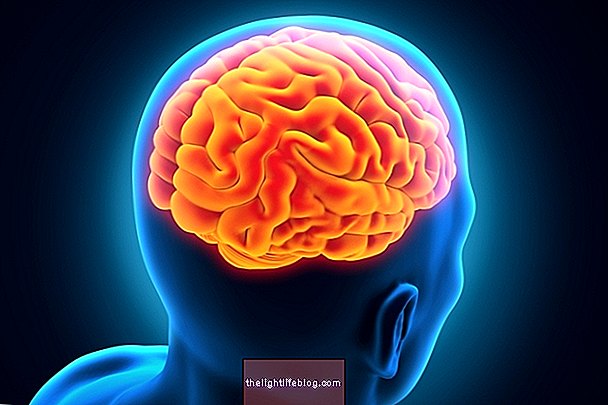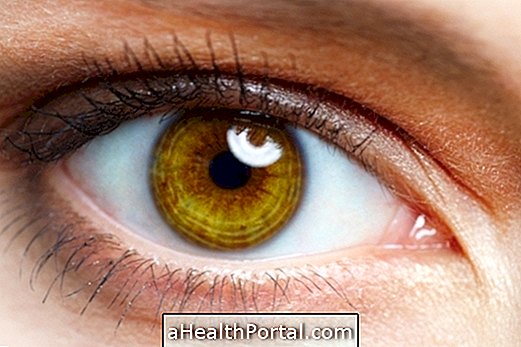The Paris Syndrome is a rare and transient psychological disorder, characterized by the manifestation of various symptoms such as anxiety, neurosis, hallucinations, among others, which affects tourists visiting paris or other European countries, being very frequent in Japanese.
This syndrome can be caused by the high expectations created in relation to where you are traveling or due to cultural shock, for example. Treatment usually consists of the psychological support of the person, by a psychologist or psychiatrist.

What are the symptoms
The most common symptoms that manifest in people suffering from Paris syndrome are hallucinations, increased blood pressure, paranoia, dizziness, neurosis, acute state of delirium, feelings of persecution, destortion of reality, depersonalization, anxiety, increased heartbeat and increased sweating.
Possible causes
Although it is not known for sure what causes this disorder, however, some of the causes that can be the origin of this syndrome are:
- Difficulty in the language of the destination country, because the Japanese generally have no French language training;
- Stress caused by cultural shock due to the great difference in communication and socialization behavior between the French or the rest of Europeans compared to the Japanese, which are generally more formal;
- Tiredness caused by travel and Jet Lag. Here's how to deal with the Lag Jat to rest and sleep better;
- Result of a latent mental disorder;
- Have very high expectations as to where you are going to travel and come across a completely different reality.
The city of Paris is still very idealized as the city of love, light, great beauty and culture, however, it is a place where tourists arrive and are faced with a lot of noise, high population density, dirt, pollution, among others .
Watch the following video and see some tips that can help make your trip a more positive experience:

How is the treatment done?
If you have signs and symptoms that are characteristic of this syndrome, you should go to a hospital to be evaluated by your doctor, who may prescribe medication to relieve symptoms.
When the person returns to their country, they should seek psychological counseling as a psychotherapist or even a psychiatrist.




















